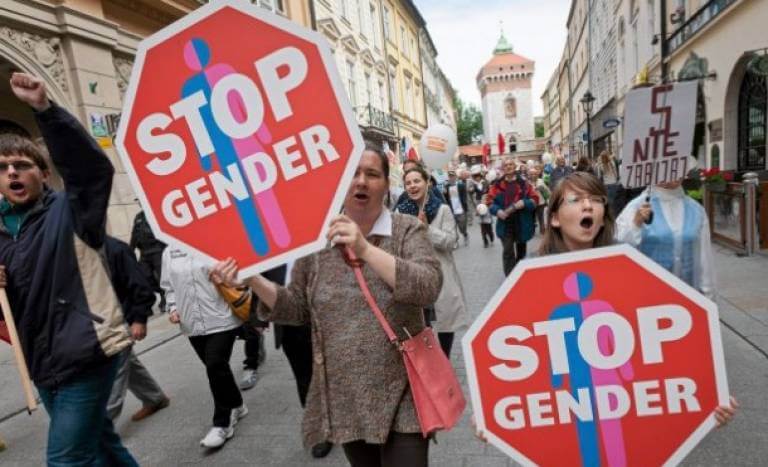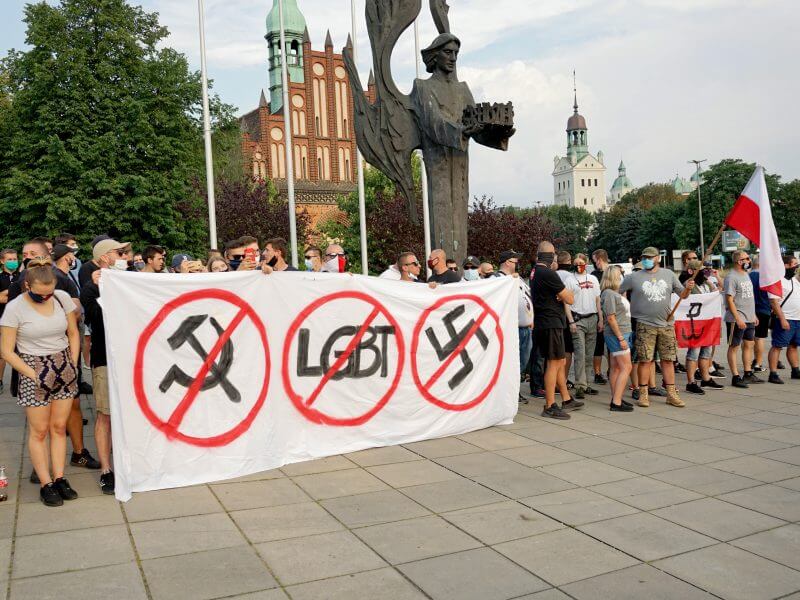Sunak’s case seems to be just another well-rehearsed episode from a drama that has been developing around the world for quite some time now. Over the course of this blog, we have touched upon many of the tactical moves and rhetorical devices Sunak seems to deploy in order to dismiss and dehumanize trans persons, especially trans women as delusional, unnatural, a threat to ‘biologically born’ women, or a fashionable trend of woke culture. Regarding the status of LGBTIQA+ rights in the UK, we have tackled the UK government’s announcement that the so-called conversion therapies will be banned for gay and bisexual persons in England and Wales but not for transgender persons, and we put under the microscope the case of TERFs, the trans-exclusionary radical feminists and their line of transphobic argumentation in the name of a pseudo-feminism. All the above seem to be different pieces of the very same puzzle, one that goes by the name of ‘gender/LGBT+ ideology’, ‘gender theory’ or ‘gender criticism’, that is new forms of transnational anti-feminist and anti-LGBTIQA+ political campaigns usually informed by a nationalist or far-right ideology from Latin America to the USA, and from the UK and Russia to the Central and Eastern European states, such as Czech Republic, Hungary, Poland, and Slovakia.
According to Eva Svatoňová (2021), a sociologist that researches this political phenomenon on the rise,
‘What all these campaigns have in common is that they are no longer in opposition to women’s liberation alone. Some representatives of the Catholic Church, conservative politicians, journalists and intellectuals have joined forces with nationalist and far-right politicians and activists to produce discourses that intersect nationalism, racism, Islamophobia, homophobia, misogyny, opposition to abortion, opposition to leftist projects in general, and globalization and transnational bodies such as the EU and the UN: discourses known under the notion anti-gender campaigns.’












 Login
Login